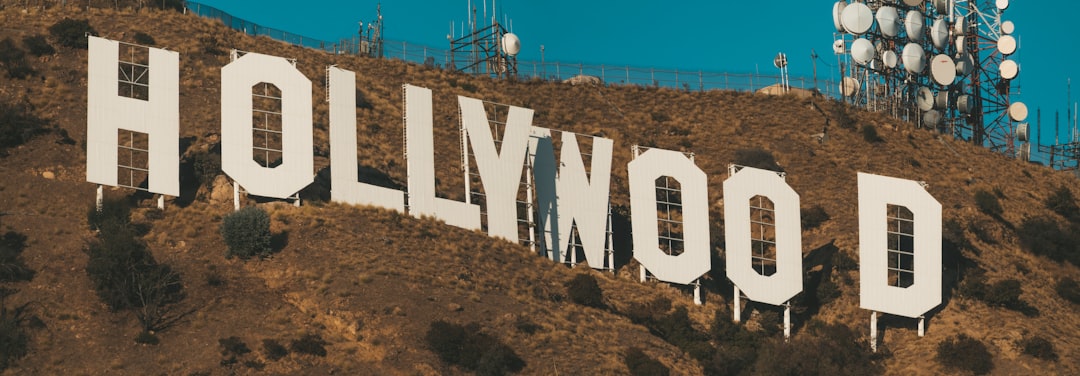Summary: The entertainment industry is grappling with how to respond to the rapid advancements in AI technology. While OpenAI is pushing forward with innovative tools like the Sora app, Hollywood executives remain uncertain and cautious about the implications, especially regarding copyright and content usage. The music industry, however, is showing more clarity and readiness to engage with AI, highlighting a divide within entertainment sectors on how to embrace or regulate this technology.
A Tale of Two Industries: Silicon Valley vs. Hollywood
This week offered a revealing glimpse into the contrasting attitudes between Silicon Valley and Hollywood regarding artificial intelligence. At OpenAI’s DevDay, CEO Sam Altman introduced the Sora app, designed as a gift to content creators, emphasizing the potential for AI to enhance creativity. Altman even suggested that OpenAI might be “too censorious” by limiting the kinds of AI-generated videos users can create.
OpenAI’s Bold Move with the Sora App
During a media Q&A in San Francisco, Altman described AI’s role as a “new generation of fanfiction,” expressing optimism about its ability to deepen connections between creators and fans. The Sora app quickly gained traction, hitting 1 million downloads on the App Store shortly after its release, signaling strong interest from users.
Hollywood’s Cautious and Conflicted Response
However, just a day later at Bloomberg’s Screentime event in Los Angeles, the mood was markedly different. Media executives, agents, and studio heads expressed concern and uncertainty about AI’s rapid advancement. Paramount Skydance CEO David Ellison likened AI to a “new pencil” for creation, highlighting its potential as a tool rather than a threat.
Despite frequent mentions of caring about copyright, no one at the event directly addressed OpenAI’s use of Hollywood intellectual property without explicit permission. Netflix co-CEO Greg Peters sidestepped questions about Sora, focusing instead on AI’s more mundane applications in production. Warner Music CEO Robert Kyncl stood out by emphasizing the necessity of licensing content for AI training and warning of consequences for those who disregard these rules.
Music Industry Leads with Clear AI Strategy
The music industry’s proactive stance contrasts with Hollywood’s hesitance. Labels, having navigated challenges like music streaming, are better positioned to collectively engage with AI companies. Kyncl even predicted that AI could ultimately benefit the music industry, drawing parallels to how YouTube evolved into a major distribution platform after resolving copyright issues.
The Road Ahead: Who Will Shape AI’s Role in Entertainment?
Without unified action from Hollywood, AI companies like OpenAI may continue to operate under a “ask for forgiveness, not permission” approach. OpenAI’s deliberate choice to train Sora on existing content reflects a broader tech industry strategy to achieve dominance, leaving Hollywood at risk of being steamrolled by rapidly evolving technology.
Follow topics and authors from this story to see more like this in your personalized homepage feed and to receive email updates.
